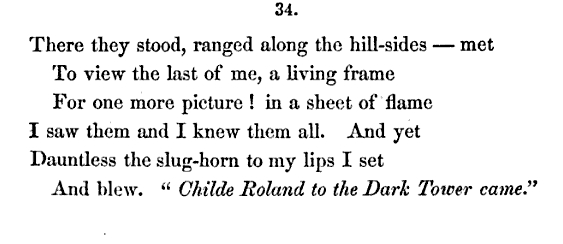A book that furnishes no quotations is no book — it is a plaything. Next to the originator of a good sentence is the first quoter of it. How frequently the mere purchase of a book is mistaken for the appropriation of its contents. Many will read the book before one thinks of quoting a passage.
This book consists of quotations and nothing but quotations. They are ordered according to a rigorous system of semantic relationships, which like an invisible hand guides the seeker to his "lucky” find. In this case, a love story with a somewhat bizarre and morbid twist.
But isn't that what David Markson did (for longer) in This Is Not A Novel? No. Not at all. This book is different, for all its seeming fragmentation, nonetheless obstinately cross-referential and of cryptic interconnective syntax. Here's a guy who has turned his genre into a vehicle for serious ideas and serious emotion--and has never, unlike Markson, been tempted to write more than necessary. Markson hesitates to label his work "experimental" and instead characterizes his novels -- both "literally crammed with literary and artistic anecdotes" and "nonlinear, discontinuous, collage-like, an assemblage" -- as "playful." There is no linear (or nonlinear) sequence of events to exploit with a wink-nudge because there is no novelistic time employed at all, no events that would require such sequencing.
Whitaker deserves more credit. What he’s doing is harder. And much more entertaining. More like Christian Marclay. Watch the Clock. Time, so to speak, is everywhere in the movies, and the delight of the experience is that the grab bag becomes a fun house: you never know what’s going to pop up.
But what else is love? Words heated originally by the breath of others. The value of a sentence is in the personality which utters it, for nothing new can be said by man or woman. The hidden life of love is in the most inward depths, unfathomable, and still has an unfathomable relationship with the whole of existence. Call those works extravagance of breath, of the incalculable amount of tenderness contained in the world; of the fate of this tenderness, which is either crushed or wasted, or transformed into madness; of neglected children humming to themselves in unswept corners; of beautiful weeds that cannot hide from the farmer. And bid them love each other and be blest.



